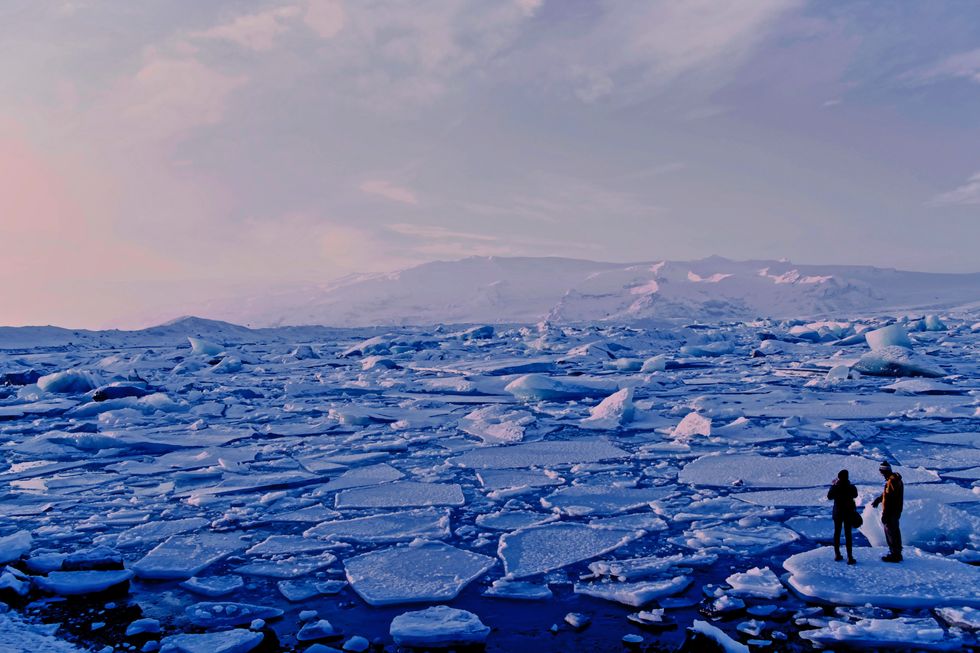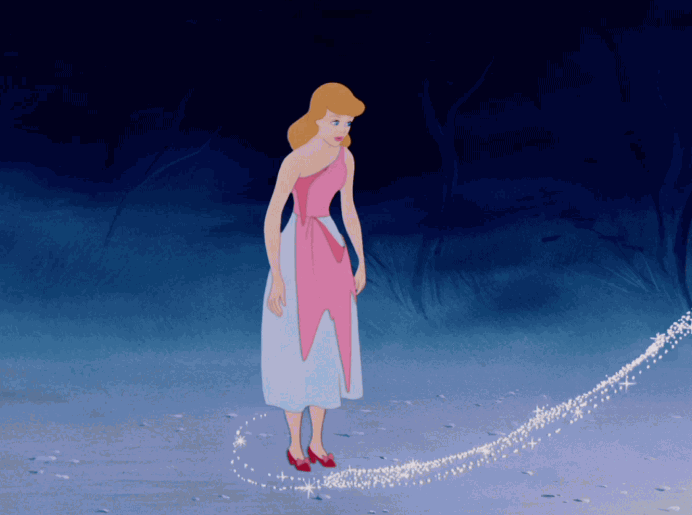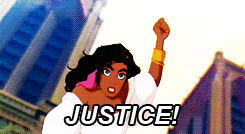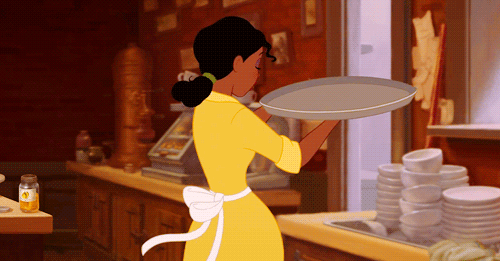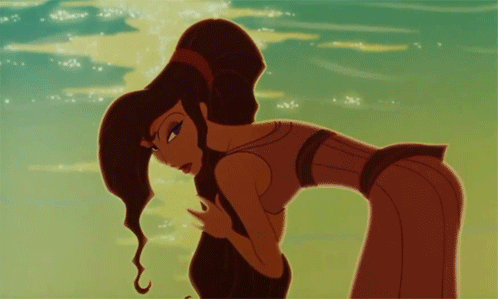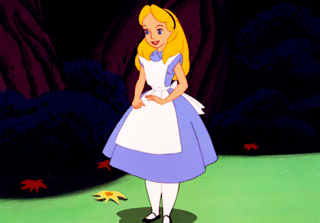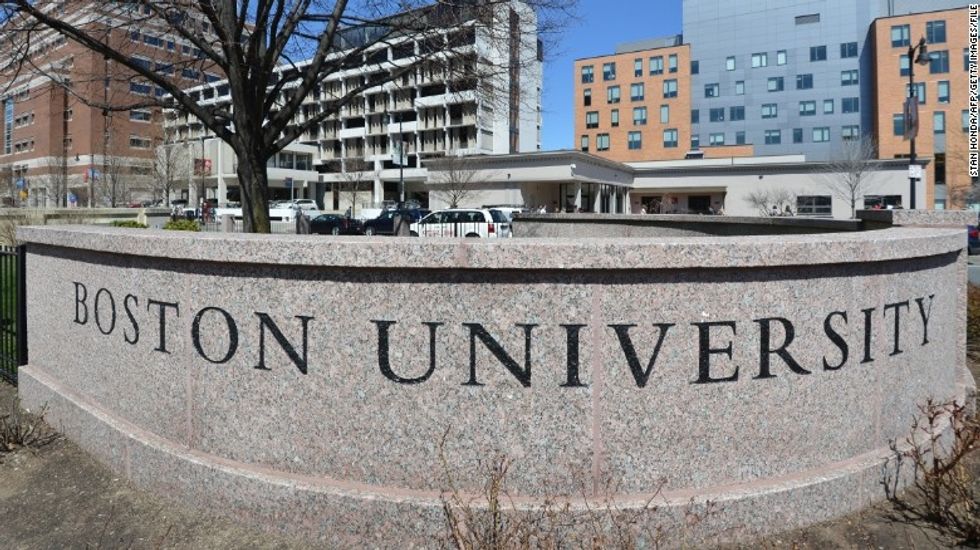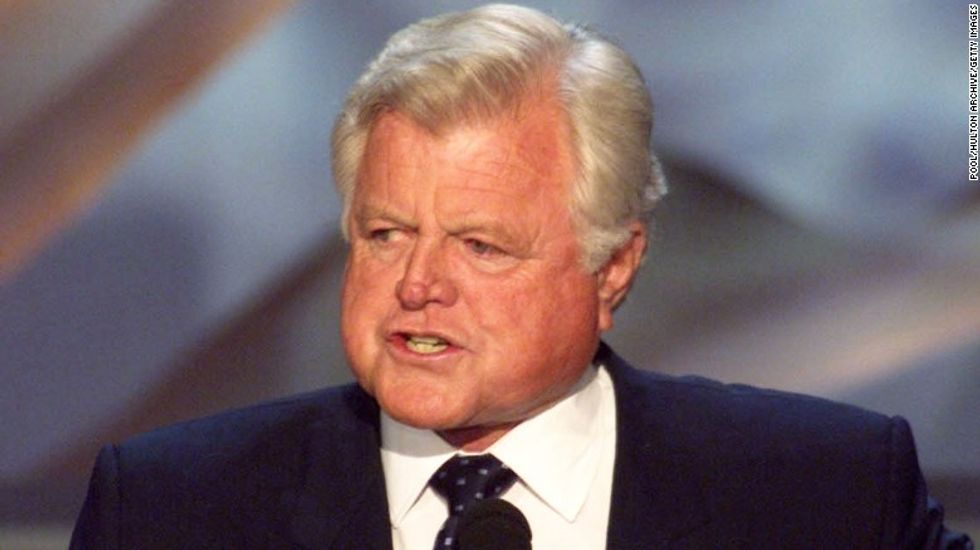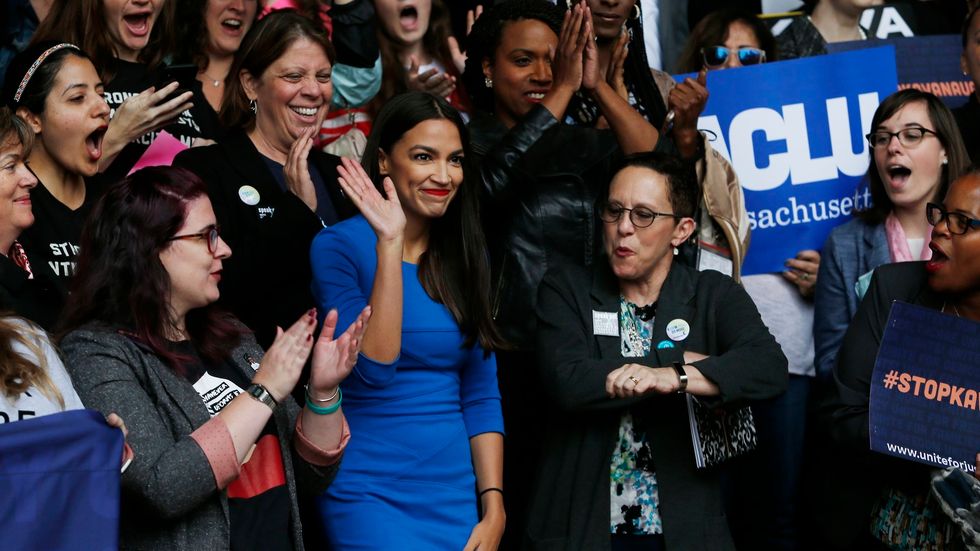Climate Change Isn't Just A Conversation Starter, It's A Real Problem With Real Consequences
The world we live in is not ours to destroy.
It's no surprise to anyone that climate change has been something of a major policy battle in recent years. With new reports being drawn up and released every few months, the argument over how to approach the matter seems to intensify. However, the politics behind the problem is only making the matter worse. Climate change is not a partisan issue, it's a human one. Nor is it a new issue. Global warming has been a relevant issue since the latter half of the 20th century — it's just only picked up momentum and severity in recent years given the lack of action taken in those previous years.
According to NASA, the Earth's temperature has risen 1.9 degrees Fahrenheit since 1980. Now, that may not sound like much, but the effects of such a temperature increase are much starker than they seem. A higher global temperature means more heat waves and droughts, shrinking ice caps and higher sea levels, wilder weather and acidic oceans, according to studies by the EPA. We toss around 'global warming' like they're buzz words for a conversation when really, the nature of the Earth's rising temperature is much more dangerous indeed.
The United Nations' IPCC report tells us that the next ten years are crucial to reversing the effects of climate change. That's it: ten years. If the world cannot begin to reverse the effects it instilled upon the planet we call home, it will begin to turn inhospitable, full of powerful storms like those of Maria, Irma, and Harvey; full of drought, famine, and unyielding crops.
The world as we know it will be gone.
But this is not an entirely hopeless endeavor. While the next ten years are, in truth, critical towards the reversal of climate change's most devastating effects, there are ways we can begin that reversal when it matters the most. For example, the reduction of carbon emissions is a significant step in reversing climate change. According to the IPCC report, carbon emissions must be reduced by 45% of what they were in 2012. As civilians, we can help contribute to this reduction by walking or driving low-carbon vehicles, using efficient Energy Star appliances, turn off lights when you aren't using them, and more.
The IPCC report also goes on to explain that 95% of the world's plastic packaging is lost after its first use, meaning that no one is recycling such things when they should be. Plastic pollutes our oceans, turning them into floating trash cans. While there are new engineering advancements that are beginning to clean up the oceans, there is still a lot left to be done. In order to prevent the increase of pollution, use reusable alternatives for otherwise single-use plastic items like dining utensils and shopping bags, recycle properly; avoid products with "microbeads" that are typically found in facial scrubs and products; and spread the word.
There is still a lot left to be done when it comes to reversing climate change, more than could possibly be featured in just one article. However, despite how monstrous and immense the task at hand is, it is one that we cannot balk from. When the world as we know it is in danger, it is our job as humans--not as nations, not as parties, but as humankind--to save and protect it. This planet is not ours to destroy, so let's get to work on protecting it.

